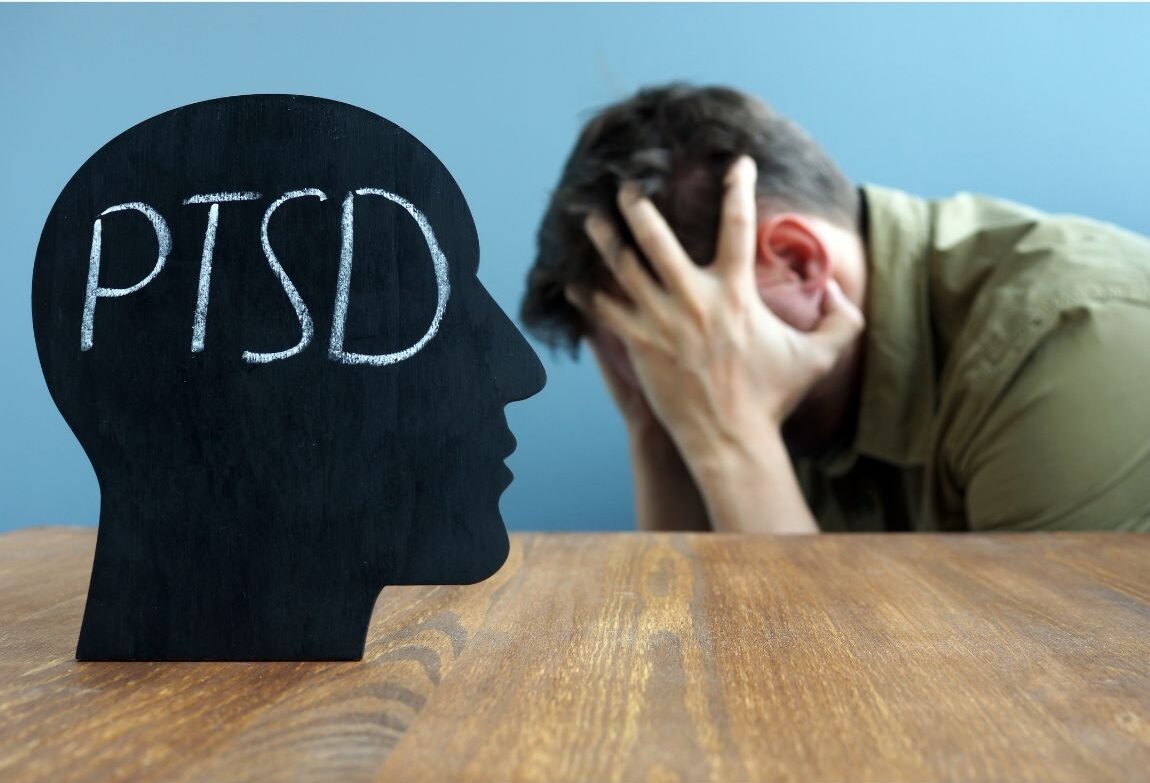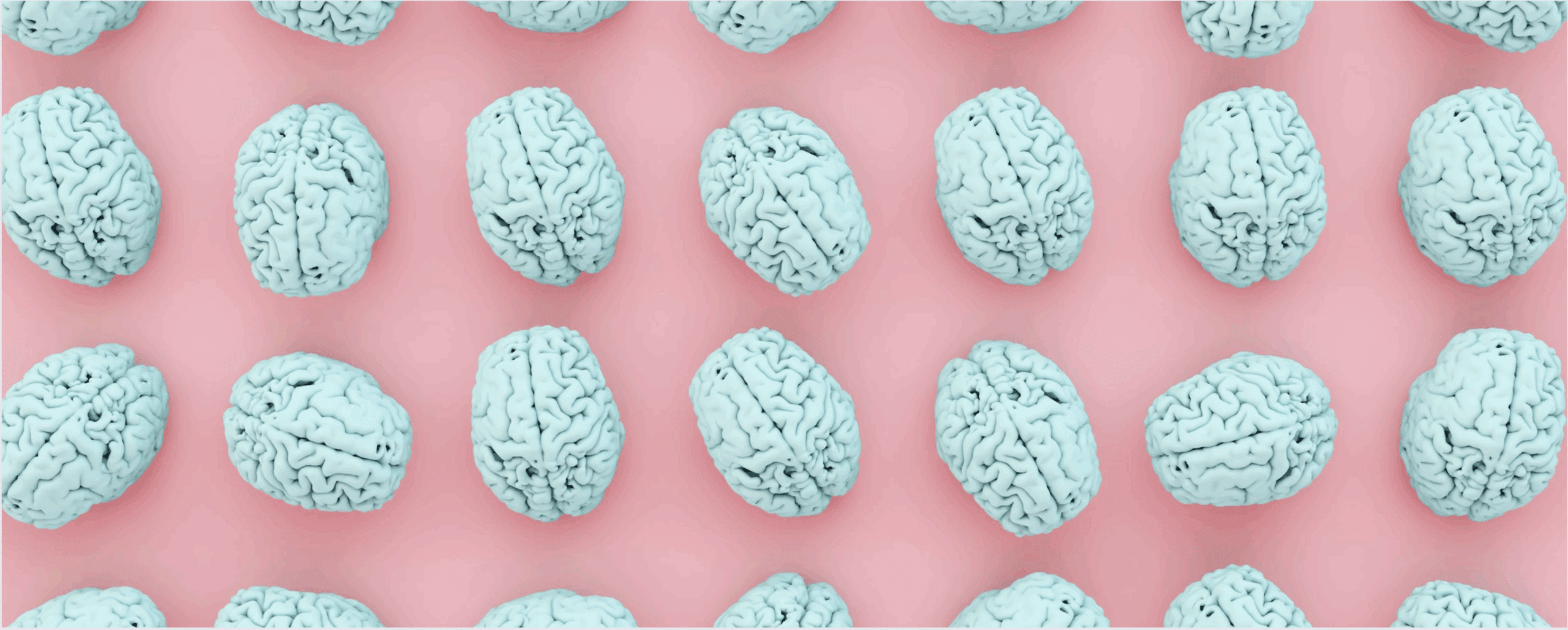Understanding the landscape of mental health requires a deep understanding of the connections between various conditions. Among the conditions that often raise questions is the relationship between post-traumatic stress disorder (PTSD) and panic attacks. Does PTS cause panic attacks? Are there treatment centers with a healthcare professional available to treat PTSD? Let’s take a look.
What Is PTSD?
Most people experience a traumatic event at some point in their lives. It’s typical for anyone to have a reaction to such events and recover over time. Some people develop Post-traumatic stress disorder, a mental health condition that develops and lasts long after you witness or experience a traumatic event.
Symptoms of PTSD include:
- Flashbacks
- Nightmares
- Intrusive memories
- Fear and anxiety
- Avoidance of situations or events related to the trauma
- Irritability or angry outbursts
- Difficulty focusing or concentrating on tasks
- Difficulties in social situations
- Trouble sleeping
The 1980s were the first time that PTSD was officially recognized as a mental health disorder. It was known as shell shock or battle fatigue syndrome before it was recognized as a medical diagnosis.
During World War I and II, people thought PTSD mainly affected veterans in combat. Today, we know this condition happens to all kinds of people no matter their age, race, gender, and sex.
Types of trauma that can lead to PTSD:
- Military combat
- First response
- Acts of terrorism
- Sexual, physical, emotional assault
- Natural disasters such as hurricanes and tornadoes
- Unexpected death of a loved one
- Accidents or injury
- Witnessing people go through trauma
The word “trauma” is used for many different types of experiences that are stressful. But not all stressful events are the type of trauma that can lead to PTSD. To be at risk for PTSD, the trauma must be a shocking and dangerous event that you see or that happens to you. During this type of event, you think that your life or others’ lives are in danger.
Individuals with PTSD often find themselves trapped in a cycle of reliving traumatic experiences, creating challenges on the path to recovery.
Some PTSD statistics:
- 60% of men experience at least one traumatic event in their lifetime
- 50% of women experience at least one traumatic event in their lifetime
- Around 7 or 8 out of every 100 people will have PTSD at some point in their lives
- About 10% of women develop PTSD sometime in their lives
- Around 4% of men develop PTSD sometime in their lives
Get confidential help from our addiction and mental health treatment facilities located across the United States. Call to join one of our quality programs today!
Speak With Our Admissions TeamWhat Are Panic Attacks?
Panic attacks are sudden, intense feelings of fear that cause physical symptoms like a racing heart, fast breathing, and sweating. These episodes can be triggered by stress, a panic disorder, or seemingly occur out of the blue. The duration of a panic attack is typically short-lived, reaching its peak within minutes, but the aftermath can leave a person emotionally drained.
Panic attacks are closely linked with anxiety disorders, which include generalized anxiety disorder (GAD), social anxiety disorder, and panic disorder. Anyone can experience a panic attack. The risk, however, is highest for teens and people in their 20s. If you haven’t had a panic attack by age 45, you’re less likely to have an episode later in life.
Women are more than twice as likely as men to get panic attacks, but researchers aren’t entirely sure why that disparity exists.
Can PTSD Cause a Panic Attack?
Yes. PTSD can indeed cause panic attacks. The heightened state of stimulation created by PTSD can create other stresses and anxiety leading to the onset of a panic attack. The trauma experienced during the initial event becomes ingrained in the individual’s psyche. It manifests in sudden, intense episodes of panic when triggered by intrusive thoughts or memories.
However, it’s important to note that the relationship between PTSD and panic attacks is nuanced and varies from person to person. While some individuals with PTSD may experience occasional panic attacks, others may not experience them at all. Factors such as individual resilience, coping mechanisms, and the nature of the traumatic event contribute to this variability.
Many people with PTSD get a service dog to help with the negative effects of the disorder. A PTSD service dog is trained to know when a panic attack is arising, and it can help ease the person’s physical response.
Looking for quality treatment for substance abuse and mental health that’s also affordable? Aliya Health Group's treatment facilities accept most major insurance providers. Get a free insurance benefits check now!
Check Your CoveragePTSD Counseling Can Help
The intensity, duration, and frequency of PTSD symptoms vary greatly. That’s why it’s important to see a PTSD therapist for evaluation. They can assess the level of disruption you’re experiencing. Complex PTSD symptoms can impact your ability to function in everyday life and contribute to destructive behaviors like substance abuse.
Inpatient or an intensive outpatient treatment program at a PTSD treatment center may be the best route. Studies show trauma-focused treatment that includes therapies such as cognitive processing therapy (CPT), prolonged exposure (PE), and trauma-focused cognitive behavioral therapy (CBT) can significantly reduce PTSD symptoms.
PTSD Treatment at Aliya Health Group
Recognizing the connection between PTSD and panic attacks is a big step toward effective treatment and recovery. Left untreated, mental health issues can become more debilitating.
At Aliya Health Group, we create an individualized treatment plan based on your needs that includes trauma-focused approaches and treatment for co-occurring mental health disorders. Our trauma-focused treatment centers offer proven approaches like EMDR, CBT, neurofeedback, and more.
Our treatment plans are tailored to each patient’s needs and goals, and we offer a full continuum of care that includes:
- Medical drug and alcohol detox
- Residential treatment
- Partial hospitalization program (PHP)
- Intensive outpatient treatment
- Outpatient program
- Sober living residences
Contact us today to learn about our treatment programs and how we can help you or a loved one recover from trauma.
- How Common is PTSD in Adults? – PTSD: National Center for PTSD
- How PTSD went from ‘shell-shock’ to a recognized medical diagnosis
- Panic Attacks & Panic Disorder: Causes, Symptoms & Treatment
- The Neurobiology of Anxiety Disorders: Brain Imaging, Genetics, and Psychoneuroendocrinology – PMC
- Treating PTSD: A Review of Evidence-Based Psychotherapy Interventions – PMC
















